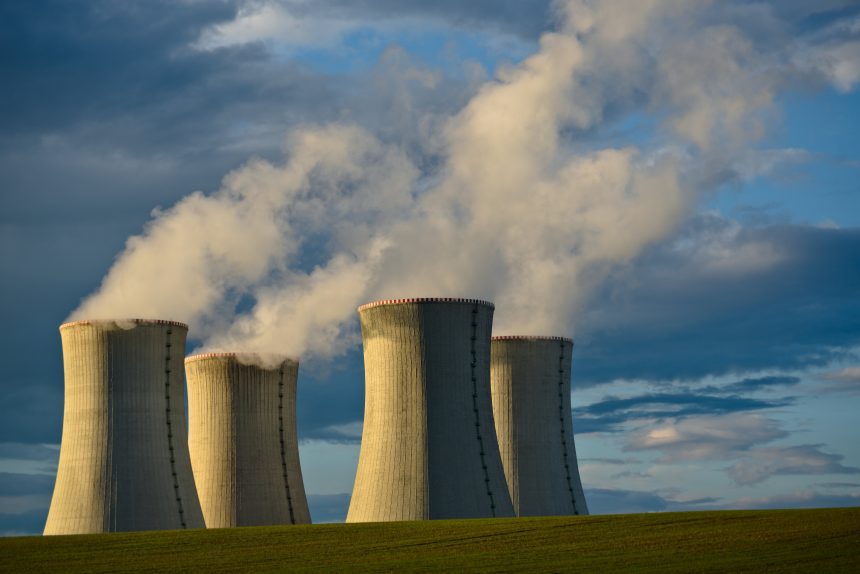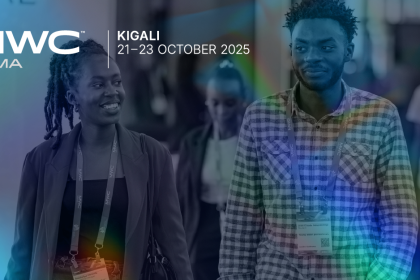Ghana’s Ministry of Energy has announced that it will select a vendor for the establishment of the country’s first nuclear power plant by the end of 2024. The power plant is expected to be operational by 2030.
Digging Deeper
Ghana is looking at a large reactor (1,000-1,200 megawatts) and a small modular reactor (about 300 megawatts) for its nuclear power plant, which is to serve as a clean baseload for the country’s industrialisation agenda.
Dr Robert Sogbadji, deputy director of power (Nuclear and Alternative Energy) stated that the government had outlined a strategic plan to get about 46% from the private sector to help with the country’s $561.9 billion financing requirement for energy transition.
What They’re Saying
Herbert Krapa, Deputy Minister of Energy:
“We’re also looking at attracting green guarantees [concessional capital] from the private sector, patient caption, grants, and philanthropic funds to be able to transition,” the Deputy Minister said.
Krapa stated that the government was “scaling up the domestic currency, and that, together with carbon capture utilisation technology, electronic vehicles, which will contribute to about 40% decolonisation, green hydrogen – 12%, to catch up with the transition pathway we’ve developed for ourselves.”
Kwame Jantuah, chairman, Oil and Gas sector, Association of Ghana Industries:
“We should have a policy where we’ll say that a lot of residential users should have solar panels, which will cut down the cost of conventional, then we move the conventional to the industry before we add nuclear,” he said.
“When that happens, the extra that the residential users produce can be added to the mix for export.
Catch up on news and other tidbits on our WhatsApp Community Page, Twitter/X, and subscribe to our weekly newsletter to ensure you don’t miss out on any news.










